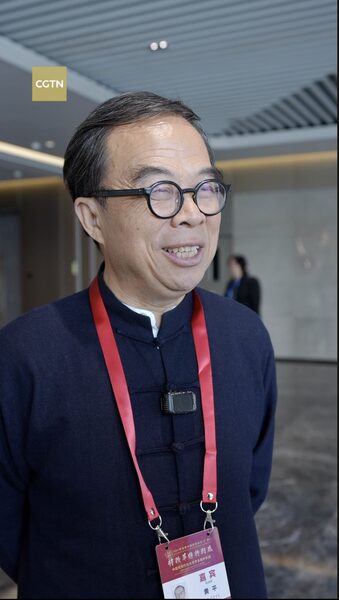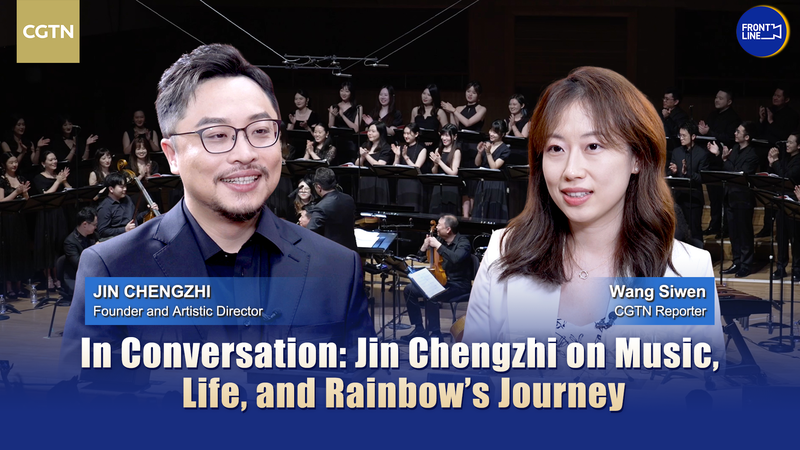BEIJING – As neon lights pulse across major cities, a new generation of entrepreneurs is redefining China's nightlife through intimate music venues called livehouses. These hybrid spaces combine live performances, social experiences, and cultural curation to become "emotional third spaces" for urban youth – driving what analysts call "the most targeted consumption upgrades in a decade."
Unlike traditional nightclubs, livehouses prioritize smaller crowds and genre-specific programming spanning mandopop, experimental electronica, and cultural fusion acts. Venues like Shanghai's Sound Sanctuary feature augmented reality stages and AI-assisted setlists that adapt to crowd reactions.
"Young audiences crave authenticity," says livehouse founder Zhou Wei, 28, whose Guangzhou venue hosts poetry slams alongside indie rock gigs. "We're selling transformative experiences that blend art, tech, and nostalgia."
The trend coincides with government efforts to cultivate "cultural commerce" industries. Nighttime spending accounted for 60% of urban consumption growth in 2023, with livehouses ranking among the fastest-growing entertainment sectors. Mobile payment data shows users aged 18-24 spend 40% more at these venues than at conventional bars.
CGTN business reporter Wu Yunliu notes: "This isn't just about music – it's youth-driven urban renewal. These entrepreneurs use data analytics to turn cultural preferences into sustainable business models." The model now inspires similar concepts in Seoul and Tokyo, underscoring China's growing influence in shaping Asian youth culture.
Reference(s):
cgtn.com






